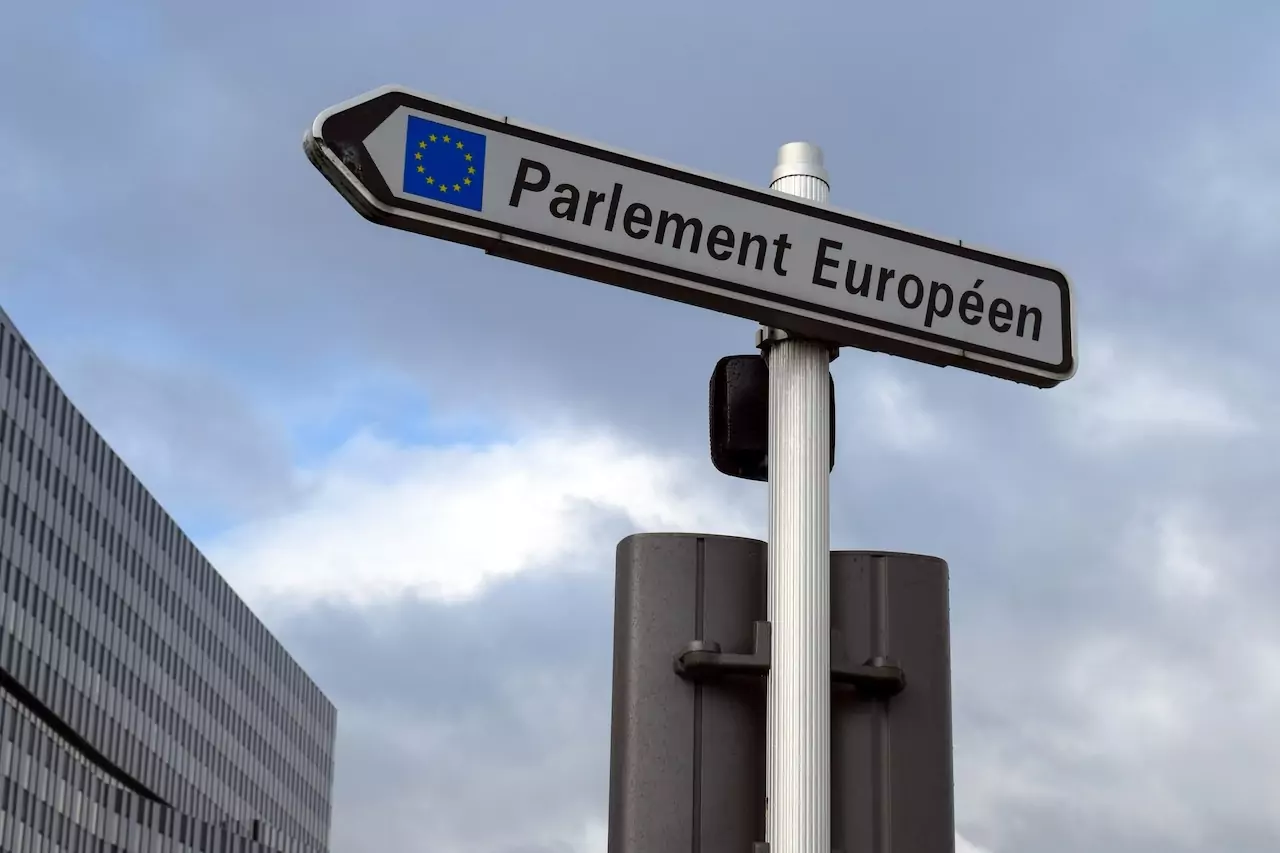The President of the European Commission, Ursula von der Leyen, delivered her annual State of the Union address before the European Parliament.
“Europe is fighting. A fight for an entire continent and for peace. ”. These were the very first words with which he began his speech, which usually outlines the strategic priorities for Europe in the coming years.
According to the president, in the current historical context, ‘a new Europe must emerge’, with a new ‘mission’ to ‘take control of the technologies and energies that will power our economies’.
Von der Leyen outlined the strategy for the coming years in the field of technology. First of all, on the digital front, the president reiterated her intention to build European giga-factories for artificial intelligence, with over 100,000 advanced processors. There have already been 76 expressions of interest from 16 Member States to host new production hubs, confirming a race for technological sovereignty that will have to be accompanied by a future ‘Cloud and AI Development Act’. At the same time, she reaffirmed her desire to maintain autonomous European rules on digital matters, opposing external pressure, particularly from the United States, which last week described them as ‘a threat from Europe to American freedom of speech and innovation’: we explored this in more detail here.
As regards digital risks, the intention is to set up a scientific panel by the end of the year to assess age limits for social media, with the aim of protecting minors. This is a topic that is rarely discussed in the mainstream media, but one that has become increasingly important in recent times, with social media platforms such as Telegram being used for child pornography and Facebook for sharing private images without consent. We have explored this in more detail here.
On the economic front, the President defended the regulatory simplification agenda, promising to reduce bureaucratic costs by €8 billion per year and introducing the idea of a digital euro. She also planned to invest “massively in digital and clean technologies. With additional funding coming in our future Competitiveness Fund and a doubling of Horizon Europe, our research and innovation programme.”
For innovative companies, she referred to the 28th regime and expressed her desire to accelerate work on the Union for Savings and Investment “because we have many high-potential start-ups in key technologies such as quantum technology, artificial intelligence and biotechnology“. Without start-ups, not only will there be no technological sovereignty and energy independence, but, according to the President, there will also be a loss of jobs that ‘go elsewhere’, to other countries. In this vein, the EU-INC campaign has recently been launched, involving numerous entrepreneurs, journalists, venture capitalists, investors and members of the European start-up ecosystem committed to promoting the creation of a single corporate structure for the entire EU that can be adopted by start-ups to simplify scalability processes, raise capital and, in general, strengthen the culture of innovative European enterprise. Anyone can actively participate at this link.
For this reason, “the Commission will work with private investors to create a multi-billion euro Scaleup Europe fund. It will help to make significant investments in young, fast-growing companies in critical technology sectors.”
This was a much-anticipated speech, in which Von der Leyen once again focused her thoughts and vision on the future and importance of innovative companies and the need for a European start-up ecosystem that is stronger and more competitive than ever, demonstrating how start-ups are now the starting point for any concrete and decisive action on the economic and political future of both a country and a continent. (photo by Hassan Anayi on Unsplash)
ALL RIGHTS RESERVED ©
